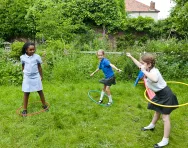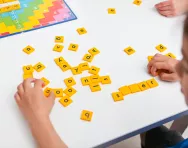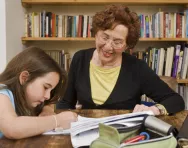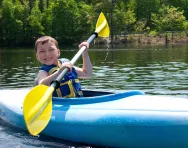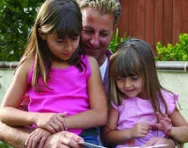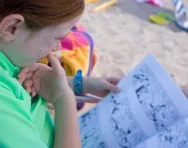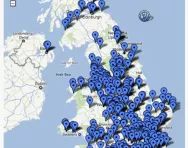Important update from TheSchoolRun
For the past 13 years, TheSchoolRun has been run by a small team of mums working from home, dedicated to providing quality educational resources to primary school parents. Unfortunately, rising supplier costs and falling revenue have made it impossible for us to continue operating, and we’ve had to make the difficult decision to close. The good news: We’ve arranged for another educational provider to take over many of our resources. These will be hosted on a new portal, where the content will be updated and expanded to support your child’s learning.
What this means for subscribers:
- Your subscription is still active, and for now, you can keep using the website as normal — just log in with your usual details to access all our articles and resources*.
- In a few months, all resources will move to the new portal. You’ll continue to have access there until your subscription ends. We’ll send you full details nearer the time.
- As a thank you for your support, we’ll also be sending you 16 primary school eBooks (worth £108.84) to download and keep.
A few changes to be aware of:
- The Learning Journey weekly email has ended, but your child’s plan will still be updated on your dashboard each Monday. Just log in to see the recommended worksheets.
- The 11+ weekly emails have now ended. We sent you all the remaining emails in the series at the end of March — please check your inbox (and spam folder) if you haven’t seen them. You can also follow the full programme here: 11+ Learning Journey.
If you have any questions, please contact us at [email protected]. Thank you for being part of our journey it’s been a privilege to support your family’s learning.
*If you need to reset your password, it will still work as usual. Please check your spam folder if the reset email doesn’t appear in your inbox.
Summer childcare: children's activity holidays

Day camps
These offer week-day courses for children and teenagers living locally and provision usually starts from as young as four.
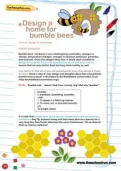
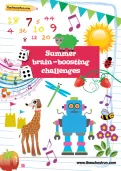
Claim Your Summer Challenges Pack!
- 30 exciting challenges
- Weird and wonderful facts
- Keep them busy the whole summer!
Sports and activity courses usually run for two or three hours per day, over anything from a single day to four or five consecutive days. Sports courses are usually led by qualified instructors or coaches and national governing body awards may be achieved, subject to the length of course.
Multi-activity programmes
These involve a combination of activities with four to six different activity sessions per day being typical. Usually each activity session lasts between an hour to one and a half hours.
The good thing about these programmes is that they usually focus on taster or introductory sessions in a range of activities, such as sports, adventure, creative and performing arts activities, giving children a chance to find something they may wish to follow in greater depth.
Residential camps
Residential camps are independent activity holidays for children usually aged from seven years and above. They can last for seven or 14 days and take place in a secure residential environment, such as a boarding school or an activity centre, where children are supervised around the clock.
There will normally be a group leader to take care of children's pastoral and welfare needs while instructors provide a programme of courses and activities during the day. Evening entertainment is geared to help children ‘wind down' for a good night's rest.
Our guide to summer camps offers a list of nationwide UK summer camp providers, as well as a checklist to read before you book.
